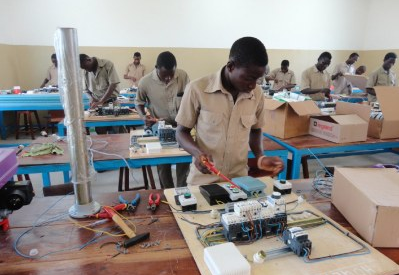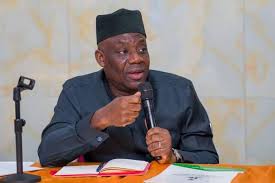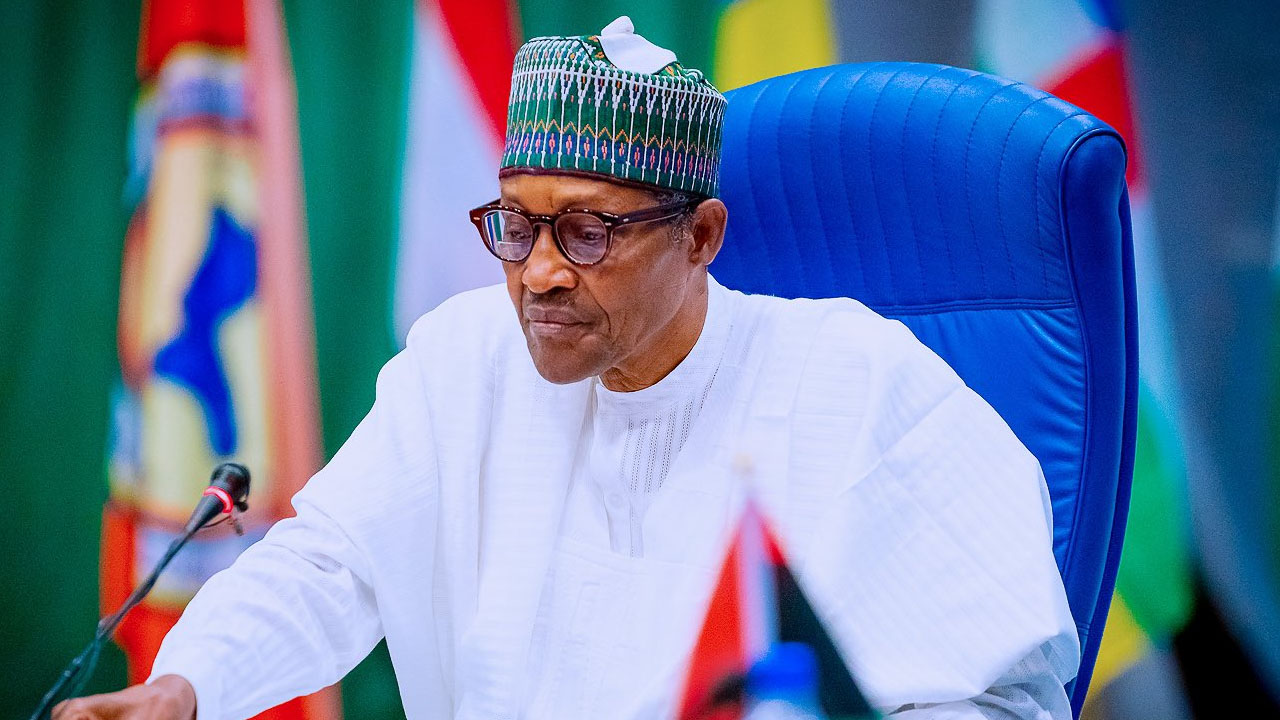The Federal Ministry of Education on Wednesday released the full list of 26 trade areas approved under its revised curriculum.
The ministry’s Director of Press and Public Relations, Bon Folasade, in a statement, revealed that the reform will see all Federal Science and Technical Colleges converted to Federal Technical Colleges from the 2025/2026 academic year.
Announcing the overhaul, the Minister of Education, Dr. Maruf Tunji Alausa, and the Minister of State, Prof. Suwaiba Sa’id Ahmad, stated that each college will now be required to offer at least six and not more than ten trade courses.
The curriculum also introduces a new subject, Citizenship and Heritage Studies, to be taught alongside core science and language subjects.
“The reform is designed to reduce overload, build strong trade competencies, align with global standards, and prepare young Nigerians for the jobs of the future,” the statement said.
Full list of 26 approved trade areas
- Brick laying, block laying and concreting
- Woodwork, carpentry and joinery
- Plumbing and pipe fitting
- Computer hardware & GSM repair and maintenance
- Refrigeration & air-conditioning works
- Mechanised agriculture (mechanisation/smart agriculture)
- Autobody works
- Catering craft practice
- Solar PV installation and maintenance
- Fashion design and garment making
- Livestock farming/animal husbandry
- Fish farming (aquaculture)
- Motorcycle & tricycle repairs
- Painting, decoration and finishes (interior design)
- Welding & fabrication
- Auto-electrical wiring
- Automobile mechanics
- Beauty therapy & cosmetology
- Creative media (digital media production/operations)
- Electronic systems maintenance craft
- Furniture making & upholstery
- Networking & system security (including satellite TV antenna installation and maintenance)
- Social media content creation and management
- Tiling & cladding (tiling and decorative stonework/floor-cover installation)
- Automobile CNG conversion and maintenance
- Leather works
TNG reports that students will take nine to ten subjects under the revised plan. The ministry also noted that the streamlining and modernisation of the trades responds directly to skills gaps in construction, energy, agriculture, automotive, creative media, and digital services.







